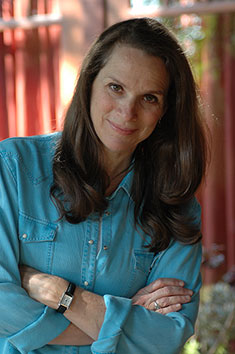But from all appearances, the controversy over the Nuechterlein-Gitlin study hasn't caused any deep soul-searching at UCLA. Even after the final report was issued, UCLA sent a spokesman to Washington, D.C., to testify in defense of Gitlin and Nuechterlein at the same hearing on informed consent where Gregory Aller's story was told. From the school's point of view, it has all but won the first round in this battle--their researchers and the rest of the review apparatus are now complying with federal standards, which is exactly what they did before.
Still, the university, Gitlin and Nuechterlein are facing the families' malpractice suits, with a trial date being set in November. "The sad truth," Bob Aller said in response to the government investigation, "is that subject-patients are currently not protected in any substantive way by any office of the government." What the families are looking for, says their attorney Elizabeth Mann, is to ensure that "the consequences of human experimentation that is not carefully regulated and administered (will) be severe."
Meanwhile, Gitlin and Nuechterlein are synthesizing the final results of their study, working on the papers that will showcase their conclusions. This much they will say: The research included a total of 107 patients. Fifty-three of them entered the double-blind crossover and removal protocol, and about 40 entered the 18-month withdrawal program. About 70% of them became worse, suffering some level of psychotic symptoms.
Nuechterlein has already taken these results to heart in his latest research. All his current patient-subjects, he says, are on meds and staying on them. That suggests that "Developmental Processes" at the least will make this contribution to science: Withdrawing drugs from recent-onset schizophrenics is not medically advisable.
published in the Los Angeles Times



